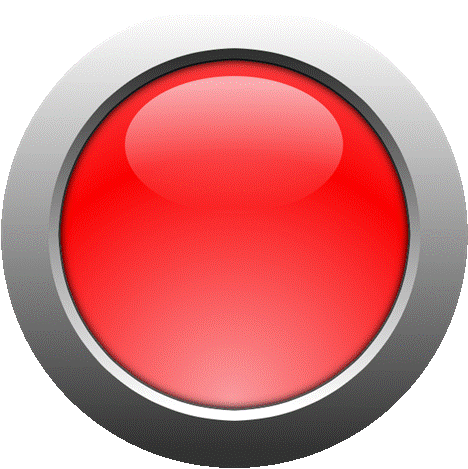
January 4, 1996
Critics' Top Ten Albums...

 19903 THE MUSIC OF VIETNAM
(3 CD BOXED SET) - VARIOUS ARTISTS
19903 THE MUSIC OF VIETNAM
(3 CD BOXED SET) - VARIOUS ARTISTS
"The Music of Vietnam". Played by professionals and glossily
recorded with audiophile digital equipment, this three-CD set of traditional
music from Vietnam is sometimes meditative, sometimes dizzingly propulsive
and always fascinating. From Chinese and Indian influences to a glimmer
of American funk, much of Vietnam's history resonates in the music.
December 10, 1995
Out of the Vault
Professional ensembles in Hanoi and hue perform this sampler of Vietnamese
music. Two CD's feature small ensembles of traditional instruments-flutes,
zithers, lutes, percussion and an indigenous combination of jaw-harp
and one-stringed fiddle - playing catchy, finely nuanced melodies. Some
have the jaunty bounce and pentatonic scales of Chinese music; some
use delicate twangs and slides distantly akin to Indian music. The third
CD, of dance and ceremonial music from the court of Hue, often has a
processional tone, with marchlike drums and fierce, nasal, oboelike
instruments moderated by zithers and gongs. The music is enthralling,
especially in these sumptuous digital recordings.
Wednesday, February 15, 1984
The Pop Life
Songs for 10 Voices fromTerry Riley

 12047 DESCENDING MOONSHINE
DERVISHES/SONGS FOR THE TEN VOICES OF TWO PROPHETS (2 CD) -
TERRY RILEY
12047 DESCENDING MOONSHINE
DERVISHES/SONGS FOR THE TEN VOICES OF TWO PROPHETS (2 CD) -
TERRY RILEY
Terry Riley should have called his new album Terry Riley Sings.
The trail–blazing minimalist composer and improviser introduced
his singing to New York listeners during his most recent concert in
Town Hall. His new album, Songs for the 10 Voices of the Two Prophets
on the Kuckuck label, was digitally recorded at a performance in Munich
in 1982. Mr. Riley accompanies his singing and weaves some instrumental
spells using his two Prophet 5 synthesizers.
The music can be heard in at least two ways. Superficially, Mr. Riley's
new disk sounds like the ultimate hippie album. His voice twists and
curves in complicated arabesques, recalling Indian music, and especially
the singing of Mr. Riley's colleague and teacher, Pandit Pran Nath,
who is also associated with Mr. Riley's long-time friend LaMonte Young.
The synthesizers create a hushed, meditative counterpoint of slowly
unwinding melodies and cross-rhythms.
Some listeners at Mr. Riley's last Town Hall concert found all this
a bit much—especially those listeners who mistrust Indian gurus
and to whom meditative music is usually pablum disguised as profundity.
But careful listening can reveal the artistry behind Mr. Riley's Eastward
meanderings.
For one thing, it takes years of study to learn to sing with the precise
intonation that Mr. Riley displays on his new album. He delights the
subtle effects of North Indian vocal music as practiced by singers such
as the Dagar Brothers, with notes just slightly off–pitch and then
sliding into unison with the synthesizers. The effect is like an aural
equivalent of adjusting a scene into focus while peering through a camera's
viewfinder.
The Prophet 5, a polyphonic synthesizer that is capable of rich violalike
sounds, is a winning instrument for Mr. Riley's improvisations. After
years of playing a Yamaha electric organ, he has turned to the synthesizer,
which theoretically offers an infinite assortment of sounds. Rather
than take advantage of the instrument's ability to mimick vocal sounds
and timbres, as composers like Jon Hassel and Brian Eno have done, Mr.
Riley plays the synthesizer as a keyboard instrument, with a luminous
sound and the ability to bend or inflect notes.
Some critics argue that Mr. Riley, composer of the ingenious and widely
influential minimalist composition In C, should not be wasting
his time doodling with the materials of Indian music. This isn't doodling;
music is carefully organized around a succession of rhythmic cycles,
and the performance level is high.
|



